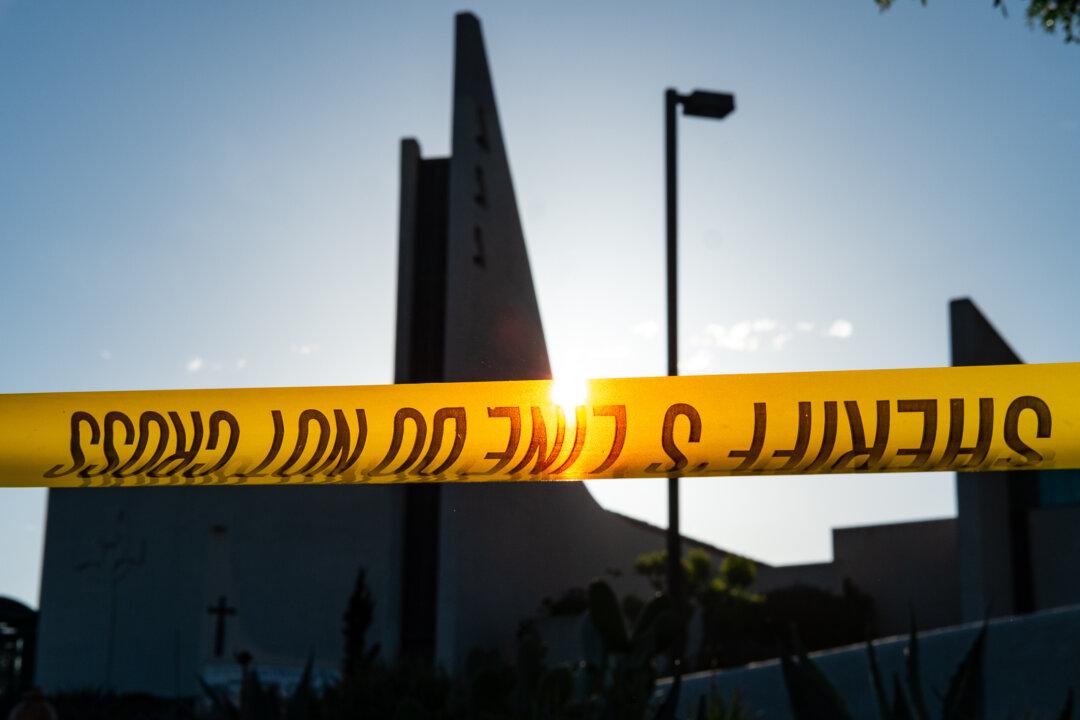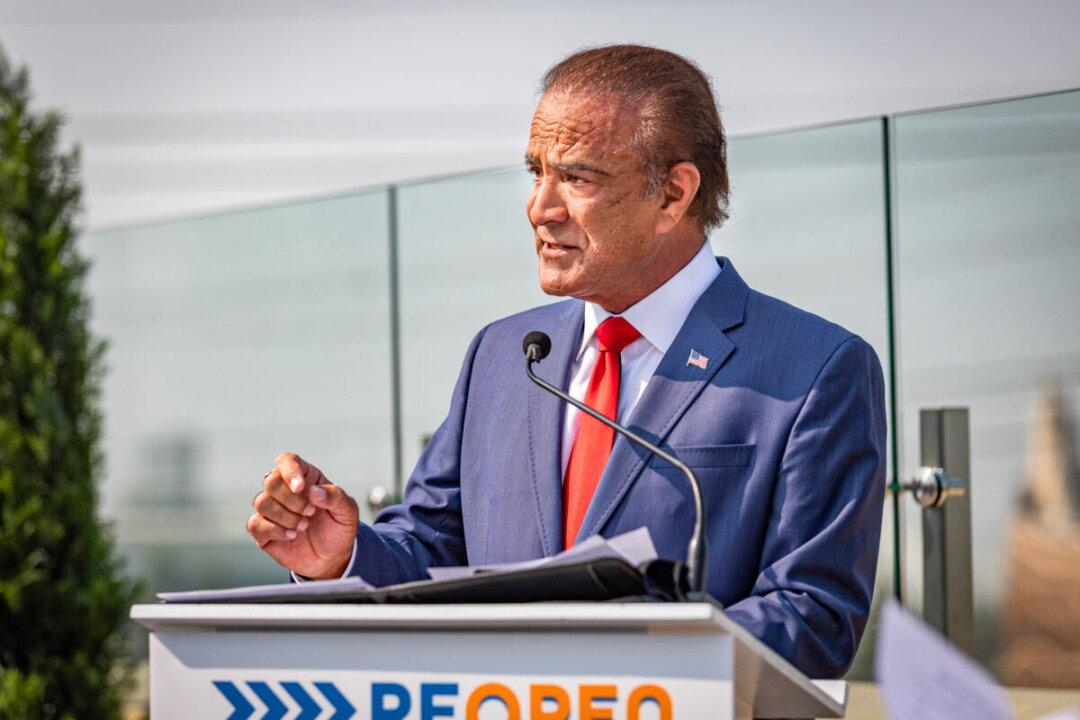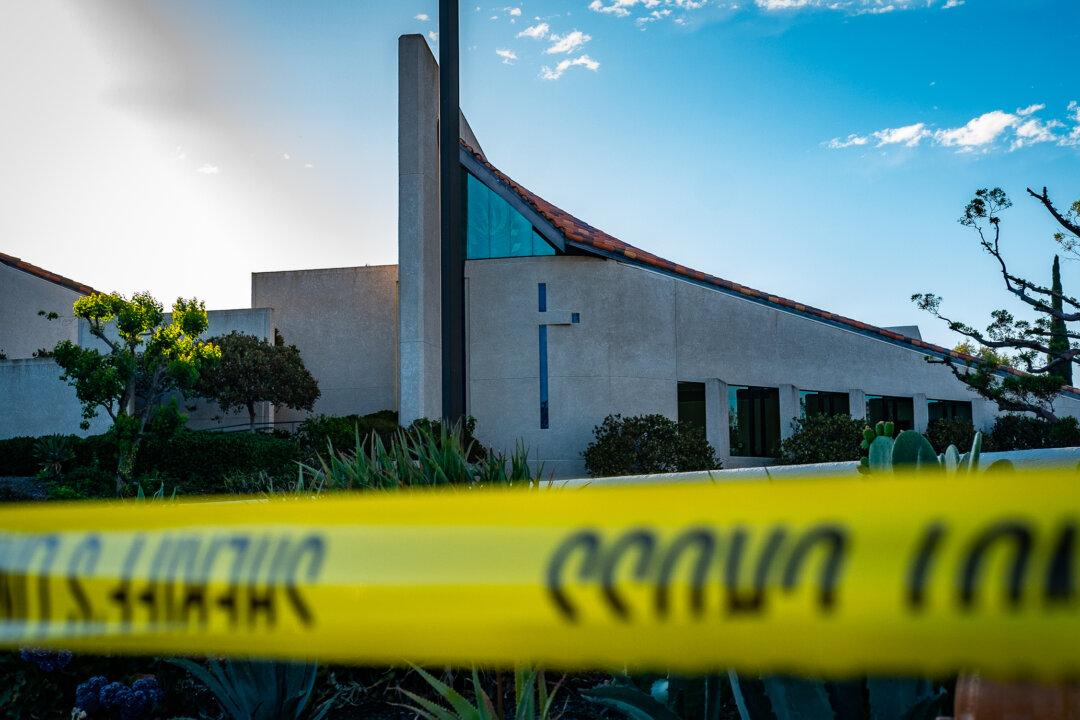Southern California residents took the streets of Los Angeles July 19, demanding freedom from Cuba’s communist regime.
“It was heartwarming to see the support that we had,” Ana Landrian told The Epoch Times. “Some of the kids that were there have never been to Cuba, and yet they were out there with both the Cuban and the American flag asking for freedom.”




